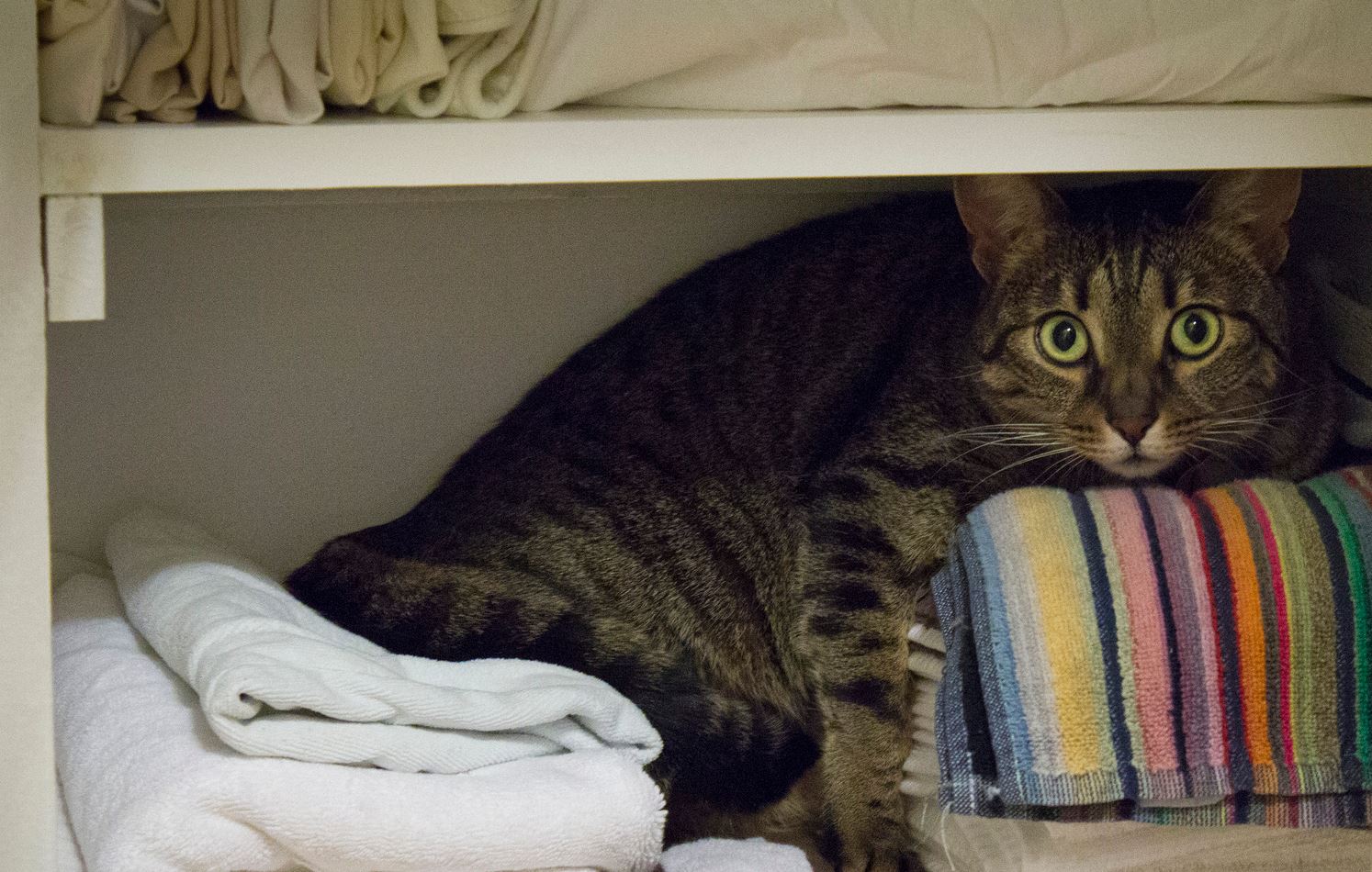 As promised, here’s Part Two of our guest blogger Peter Litchfield’s post on employing natural methods for better sleep! Having been through chronic insomnia himself, Peter spent several years researching the topic and has developed a program, Six Steps to Sleep, recently touted by the National Sleep Foundation, to help people achieve better sleep.
As promised, here’s Part Two of our guest blogger Peter Litchfield’s post on employing natural methods for better sleep! Having been through chronic insomnia himself, Peter spent several years researching the topic and has developed a program, Six Steps to Sleep, recently touted by the National Sleep Foundation, to help people achieve better sleep.
_____________________________________________________________
How To Sleep Better In 10 Easy Steps – (part two)
The Power of Routine
When it comes to sleep the body responds best to routine, which is why sleep quality deteriorates when we try to compensate for lost sleep by sleeping in late and taking naps during the day. The sleep-wake cycle is thrown out of sync and the body doesn’t know when it is supposed to be asleep. It becomes tired at odd hours and doesn’t shutdown when you require it to at bedtime. This situation can quickly spiral and trigger a bout of insomnia, which must then be treated using good sleep hygiene methods.
If you are prone to periods of poor sleep, or struggle to sleep well in general, you should go to bed at roughly the same time each night and wake at the same time each morning. Regardless of how long it takes you to fall asleep or how much sleep you get during the night, get up at the same time the next day, even on weekends. Your body will soon be longing for your head to hit the pillow at the end of the day, and will naturally begin wanting to sleep 6-8 hours before your usual waking time.
That said, getting a healthy sleep isn’t just about the routine of sleep, it’s also about routine preparation and relaxation. Give yourself ample time to wind down in the evening and put the day to bed before putting yourself to bed. Set strict rules for the cultivation of mental spaciousness in the evening.
Here is a list of 10 things you can do to create a mindset conducive to getting a good night’s sleep:
1. Stop working on your computer at least 3 hours before attempting to sleep.
2. Stop eating at least 3 hours before bed, and avoid any stimulants such as caffeine or high-sugar content foods in the evening.
3. Stop playing on digital devices such as a phone or tablet at least 2 hours before going to bed.
4. Do not engage in long telephone conversations, debates or arguments close to bedtime. Keep your stress levels as low as possible.
5. Heard the phrase “tidy life, tidy mind”? Well, making sure your bedroom is free of clutter will help your mind de-clutter too. The bedroom should be spacious and relaxing, a place where your mind can be free of distraction.
6. Make sure you change the air in your bedroom once a day so that your respiratory system can function smoothly while you sleep. Excessive dust and odors will cause you to sneeze, snore and prevent smooth breathing.
7. Don’t conduct any other activity in your bedroom other than sleep and sex. The bedroom should be a sanctuary for sleep, not a place for work or play.
8. Bring your day to a close by spending the last hour before bedtime doing something quiet that requires very little brainpower. You might choose to stretch, meditate or tidy up a little to put the day to bed.
9. Try light reading for 10 minutes if your mind is still overactive when you get into bed, but make sure you use a low wattage bedside lamp and turn the light away from you so that you aren’t overly stimulated by the brightness.
10. Don’t obsess over lost sleep. One common trait in all serial bad sleepers is the compulsive analyzing of lost sleep and their sleep habits. Getting a good night’s sleep is as much psychological as it is physical, which means worrying about not sleeping enough is only going to make the problem worse. We all have a bad night now and again, and the best way to ensure an odd night doesn’t become a habit is to forget about it and move on. Get on with your day as you would if you had slept like a baby. Continue your routine and focus on being positive, healthy and happy.
____________________________________________________________






No Comments